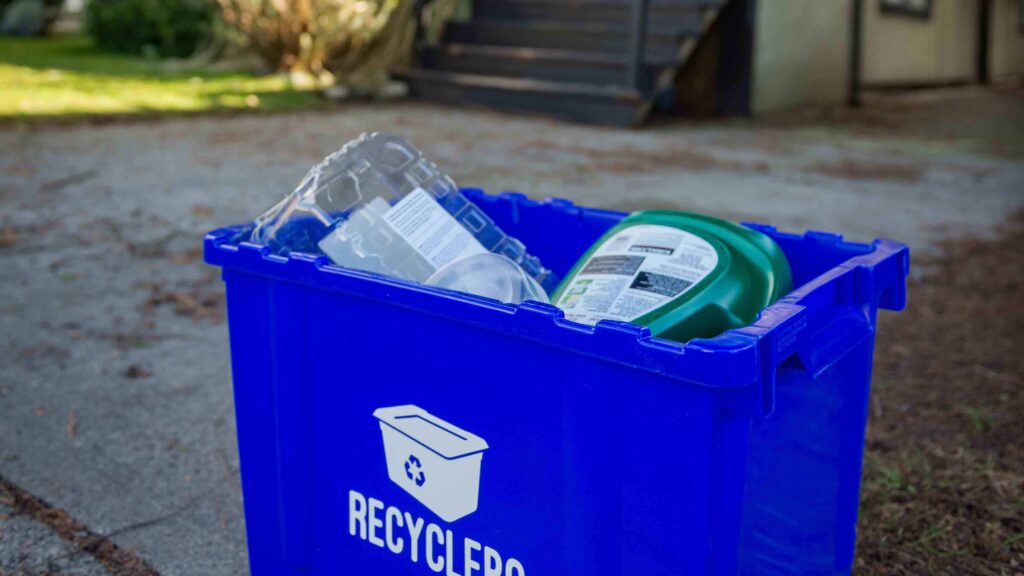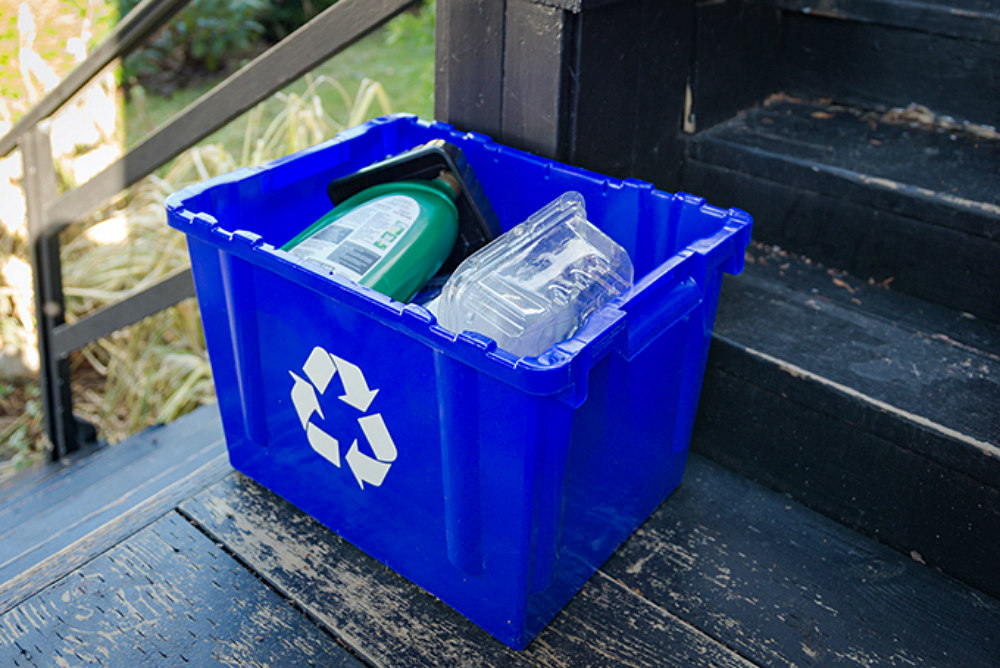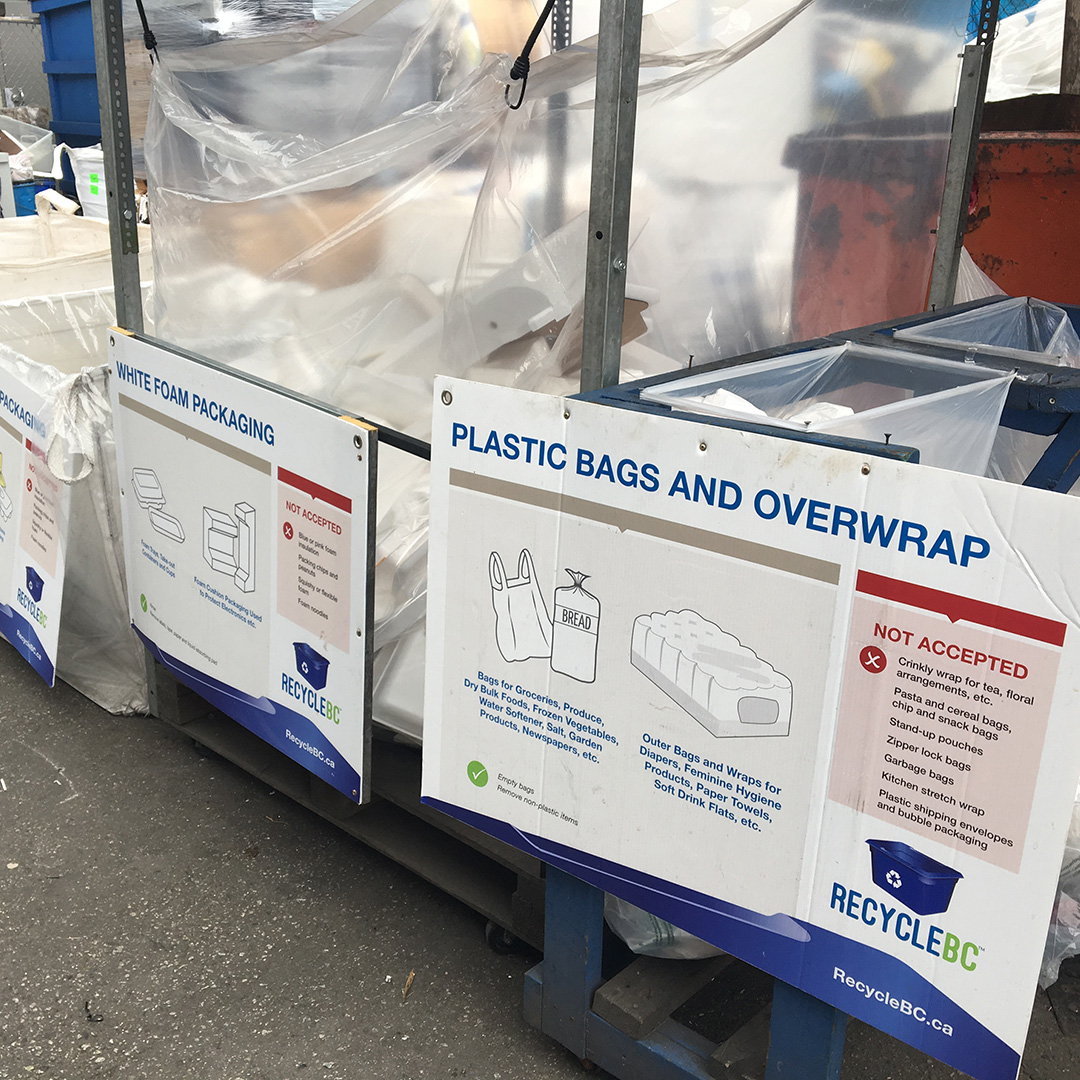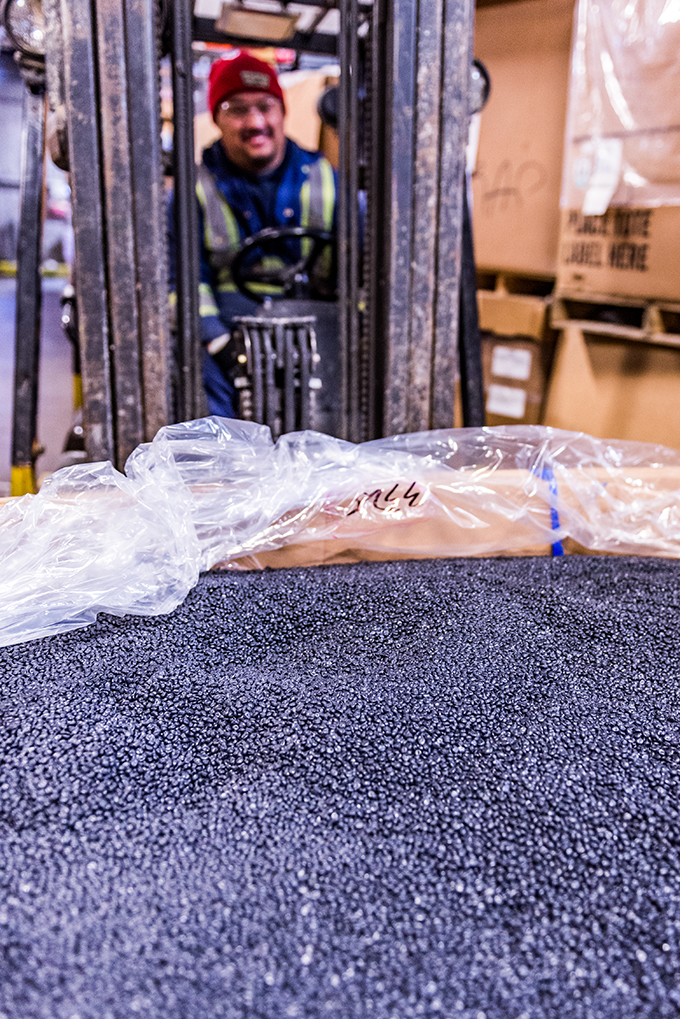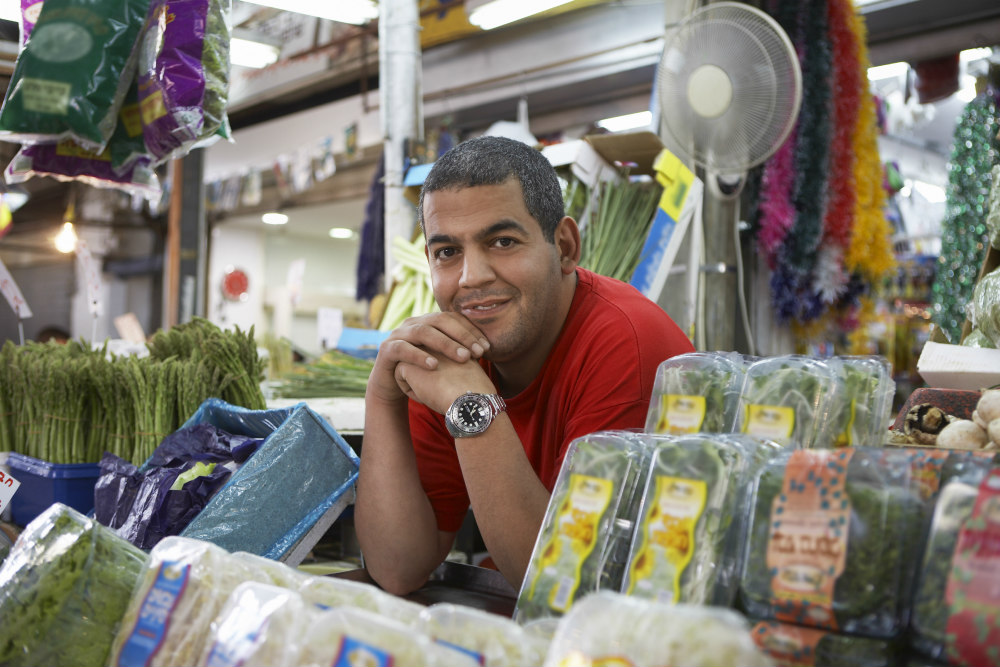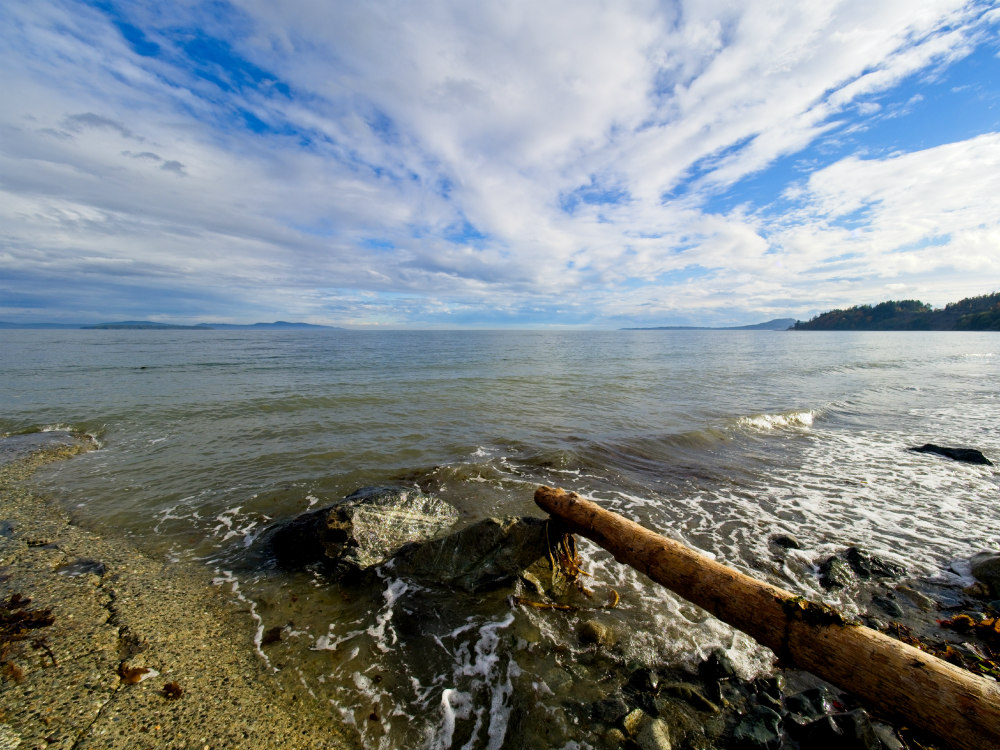Before we enter adulthood, we’re typically given a heads up about the essentials we need to navigate in the world, from mastering the art of cooking food to learning how to drive. But how often does recycling come into the equation, and even more specifically residential packaging and paper recycling?
About 236,000 tonnes of packaging and paper is supplied to BC households per year, as reported by Recycle BC member businesses. When you think about everything from the packaging that comes with your online orders to the items you buy at the grocery store, it all adds up.
While the statistics may surprise you, we can each do our part to help minimize our impact on the environment by reducing, reusing, and recycling packaging and paper. The process helps keep waste out of our landfills and the environment, and here in BC, over 90% of material collected in Recycle BC’s residential packaging and paper recycling program is managed by recycling.
To help avoid any confusion around recycling — and what should go into your blue recycling bins or bags — we’ve decided to debunk five common myths.
Myth: BC has a smaller material list than other programs in Canada
Earlier this year, Vancouver ranked as one of the most sustainable cities in the world, and BC’s recycling system has a key role to play in this.
A common myth, you ask? BC has one of the smaller material lists of packaging and paper recycling programs in the country. In actuality, the province has one of the largest material lists of any other program in Canada, including many items that are not currently accepted in other communities across the country.
When we launched in 2014, we expanded the accepted material list and made it consistent throughout BC. Today, it includes items like coffee cups, plant pots, beauty product aerosols, empty coffee pods, and spiral-wound cans. You can see the full list of accepted materials here.
Myth: plastic bags cannot be recycled in BC
Soft plastics are included on the list of materials accepted for collection in BC. While most of the accepted items can be recycled in your curbside bins, some materials need to be returned to a drop-off location. Soft plastics — including plastic bags, overwrap, and flexible plastic packaging (think stand-up, zipper-lock pouches and crinkly wrappers) — should be dropped off at a depot or a London Drugs store to ensure they are effectively recovered and recycled. What about all that protective foam packaging that comes with your electronics and appliance orders? That can be returned to a depot, too.
Myth: plastics collected in BC are processed elsewhere
If you’ve ever read about countries shipping plastic waste to the other side of the world for processing, you might assume the same happens with the residential plastic packaging collected in BC. However, after the plastic is sorted into various plastic categories, 97% of the plastic packaging and containers collected in our program are processed by a local end market in Delta.
The plastic is converted into raw materials and sold to be made into new products or packaging. For a small amount of the non-recyclable material collected, plastics are recovered into an engineered fuel product to replace non-renewable resources, such as coal.
Myth: the BC government funds recycling programs
There’s a common misconception that the government funds our recycling program; however, this isn’t the case. Recycle BC is a not-for-profit organization and is an extended producer responsibility (EPR) program for residential packaging and paper. What this means is the businesses that supply packaging and paper to BC residents take responsibility for the end-of-life management of those materials and fund our program.
This, in turn, moves the costs away from local governments and homeowners. For context, 1,199 producers provided over $120 million to fund our program and services in 2020.
Myth: recycling more often won’t impact our oceans
BC’s waters are home to some of the world’s most majestic creatures, and another myth about recycling is that carrying out the process more often (and for all accepted materials) won’t make a difference to our oceans and environment. But the reality is that ensuring recyclable materials end up in the right place (hint: your recycling bins or at a drop-off location) helps keep them out of the environment. Recycling all the packaging and paper you can at home or a depot allows us to manage and recycle more material responsibly, so it can be used to make new products and packaging.
This reduces waste and contributes to a circular economy — leading to environmental, social, and economic benefits. If more accepted materials are collected, then more can be recycled, so you are an important first step in the recycling process, ensuring all accepted material is set out or taken to a depot for collection.
Recycle BC processes over 200,000 tonnes of material each year — equating to the weight of 33,000 orca whales — demonstrating a province-wide effort towards a more sustainable future.
To learn more about the impact that you can have and find a depot in your area, visit RecycleBC.ca.
This article has been adapted from the original publication in the Daily Hive.


